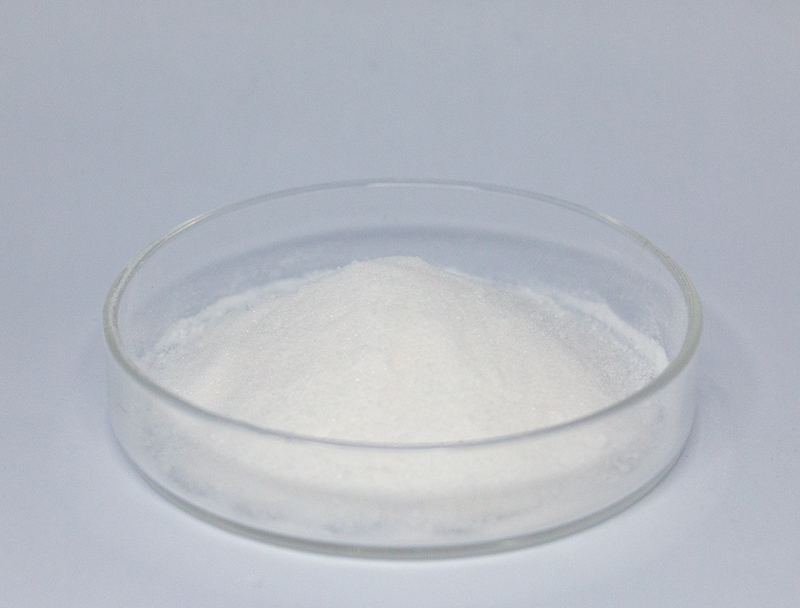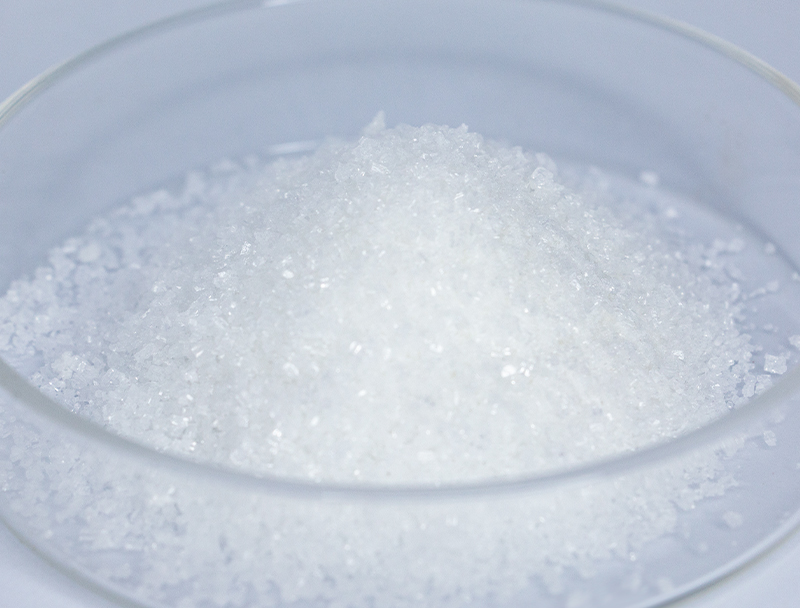
Biotech manufacturing draws predominantly from a wide assortment of raw materials to produce innovative bio-based products.
Assuring durable supply chain sourcing remains essential to industry resilience and responsible expansion.
a range of complications linked to historic procurement practices for example habitat harm and overextraction of resources. Therefore, biomanufacturing companies must actively seek out alternative sourcing strategies to minimize their ecological footprint.
- Situations demonstrating ethical sourcing encompass:
- Applying circular feedstocks from post-harvest streams
- Deploying circular process designs to reduce discard and boost reuse
- Connecting with nearby vendors prioritizing responsible supply
Embracing sustainable procurement produces environmental benefits with profitable potential.
Enhancing Biomass Composition for Superior Biofuel Results
Raising biofuel yields involves refining feedstock structure and content. Engineers continually develop approaches to improve biomass suitability, delivering enhanced conversion and a more resilient energy mix. Efforts pair genetic enhancement for feedstock abundance with advanced pretreatment to produce usable sugars.
- Also, studies emphasize discovering resources such as seaweed, organic waste, and residual straw to diversify sustainable feedstock supplies for fuels.
- Because of continual endeavors biofuel technology is set to attain meaningful progress that supports renewable energy growth.

Upstream Process Improvements for Modern Biopharma Production
embraces initial workflow stages from growth to harvesting Ongoing innovations have accelerated process enhancement leading to greater yields.
Important innovations consist of upgraded cell platforms, customized nutrient matrices, and smart bioreactor solutions. These innovations not only enhance productivity but also minimize production costs and environmental impact.
- Likewise, the move to continuous systems facilitates better adaptability and streamlined upstream production.
- This shift towards more sophisticated biopharmaceutical manufacturing methods promises to revolutionize the industry and pave the way for faster development of novel therapeutics.

Next-Gen Gene Editing for Enhanced Protein Expression
progresses in gene editing technologies, such as CRISPR-Cas9, have revolutionized the production of biopharmaceuticals. Using precise gene interventions, engineers raise the output of key therapeutic proteins. This approach holds immense potential for developing more efficient and affordable biopharmaceuticals to address a wide range of diseases.
Microbial Solutions for Greener Bioremediation Practices
promising microbial strategies enabling effective environmental cleanup and restoration. Engineered and natural microbes can attenuate pollutants via metabolic conversion.. Harnessing microbe-based degradation fosters cleanup tactics that minimize environmental disruption and residual waste.. Researchers screen diverse microbial taxa for metabolic pathways suited to remove heavy metals, pesticide residues, and hydrocarbon contamination.. These microorganisms can be employed in bioreactors or directly at contaminated sites, promoting the breakdown of pollutants through biodegradation processes..
Microbial-based approaches to remediation bring considerable advantages over traditional solutions. Microbial remediation can cut expenses and limit harmful secondary emissions. Concurrently, these solutions provide focused remediation without widespread environmental harm. Research progresses swiftly to enhance microbial remediation efficiency and practical effectiveness.
Bioinformatics Tools Transforming Drug R&D
Computational biology approaches are becoming vital across contemporary drug R&D. From target discovery through candidate optimization, bioinformatics facilitates streamlined, hypothesis-guided workflows.
- By interrogating large-scale omics and clinical information, scientists find new targets and predict candidate efficacy.
- Concurrently, virtual screening and simulation shape the development of more effective therapeutics.
- In conclusion, computational biology reshapes discovery pipelines and speeds delivery of reliable treatments for patients.
Engineering Cellular Pathways for Improved Bioproduct Output
uses diverse methods to increase biosynthesis of target bioproducts in organisms. Options include metabolic rerouting via gene edits, expression tuning through regulatory control, and incorporation of foreign enzymes to expand function.. By calibrating pathway dynamics and expression levels teams can greatly amplify bioproduct yields.
Such an integrated approach may disrupt diverse fields including therapeutics, crop science, and sustainable fuels.

From Lab to Plant: Challenges and Opportunities in Biomanufacturing Scale-Up
Scaling up biopharmaceutical production presents both significant challenges and exciting opportunities. One major challenge is maintaining consistent product quality at increased scales. Managing it necessitates robust automation, high-fidelity monitoring, and powerful analytical capabilities.

Process intricacy spanning various stages creates significant scale-up complexities.. Transforming bench processes into industrial practice requires sustained research and engineering innovation. Despite challenges, the benefits may be considerable. Successful scaling up can lead to increased access of life-saving therapies, reduced production costs, and enhanced profitability.
Challenges are being addressed through a number of initiatives. Efforts include process-digitization tools, integrated analytics for monitoring, and fresh manufacturing paradigms.
- R&D initiatives significantly drive enhancements in manufacturing capacity.
- Regulators are adapting frameworks to speed authorization of novel manufacturing approaches and spur innovation.
Exploring Approval Frameworks for Biopharmaceutical Safety and Effectiveness
Creating biologic medicines requires strict regulatory controls to maintain both patient safety and therapeutic value. Therapies derived from biological organisms carry special considerations not typical of conventional pharmaceuticals.
Regulators such as the FDA and EMA define authorization pathways and quality standards for new biologic medicines..
Thorough testing frameworks are compulsory during all stages of development including after market release.. Those requirements help reveal risks and confirm that biologics satisfy stringent safety criteria..
Also, governing institutions evolve their strategies to respond to swift advances in biopharmaceutical science.. Initiatives cover incorporating new methods and supporting faster development while ensuring patient protection.

Plant-Derived Feedstocks as a Route to Sustainable Bioplastics
The growing need for sustainable materials has led to a surge in research and development of renewable options. Plant-based bioplastics made from biomass feedstocks present a hopeful path to reduced plastic impact. Renewable inputs including cornstarch, cellulosic matter, and sugarcane biomass can be processed into biodegradable plastics that minimize long-term pollution.
Also, many renewable bioplastics exhibit comparable mechanical and functional traits to conventional plastics across applications.. Further innovation is required to mature plant-based bioplastics for broad adoption and circular economic models.
Biotech Contributions to Global Health and Crop Productivity
Biotech innovations hold promise to dramatically impact health and the reliability of food systems. With genetic tools, engineered biological systems, and regenerative cell approaches, experts craft interventions to manage diseases, enhance agriculture, and fortify nutrition.. Consider genetically enhanced crops that resist pests and environmental stresses to improve production α-Ketoglutaricacid and reduce pesticide reliance.. Furthermore, biotechnology supports creation of vaccines, therapeutic agents, and advanced diagnostics that strengthen responses to infectious threats and enhance health outcomes.. Going forward, advancements in biotechnology are likely to yield interventions that improve health and advance sustainable food systems globally.
 NMN
NMN